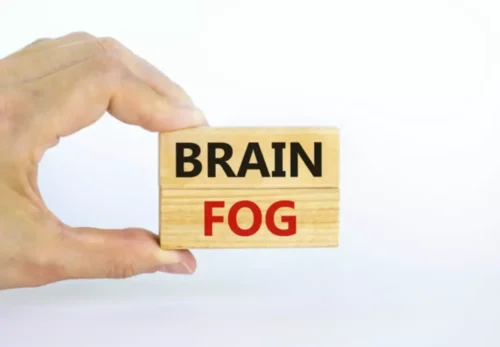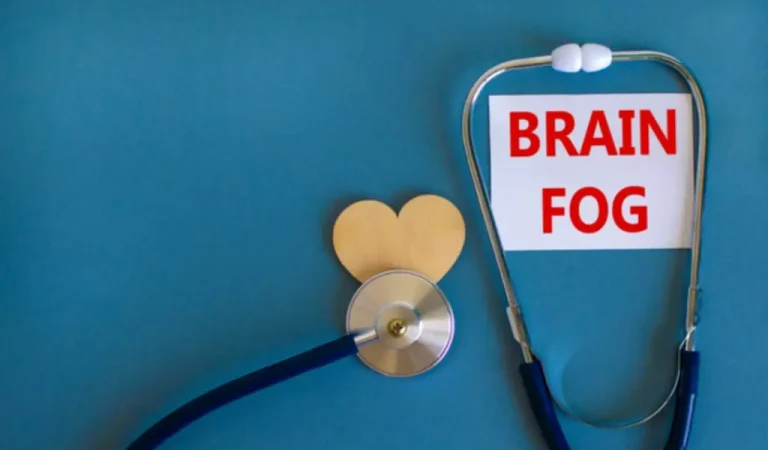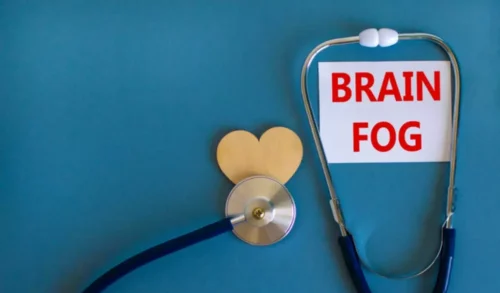What’s That Fuzzy Feeling In Your Head? 7 Warning Signs You Shouldn’t Ignore

Caffeine directly impacts dopamine levels and other neurotransmitters contributing Drug rehabilitation to your overall brain functioning, sleep, appetite, and mood. Regarding brain fog and COVID-19, new research shows that brain fog is a result of the virus living in your gut after infection symptoms resolve. This can reduce how much serotonin (a chemical messenger) your body produces, which can impact cognitive function and lead to symptoms of brain fog.
The Culprits Behind Your Cognitive Crash
Take it one step at a time, and trust that recovery is entirely possible. Occupational therapy is another option to help people with cognitive, physical, or sensory barriers. It may help you cope with MS, for example, which can cause brain fog. Menopause occurs 12 months after your last period, typically during your 40s or 50s. Research has found that menopausal people often report feeling forgetful and having difficulty concentrating.
What is mush brain? Unraveling the mental mystery
People may wish to speak with a doctor about any adverse side effects they are experiencing from the medication they are taking. If the medication cannot be changed, a doctor can help the individual develop coping strategies for brain fog. Alzheimer’s and other types of dementia can involve symptoms of brain fog. Research shows that depression can negatively affect a person’s ability to remember and think clearly.
- It is suspected that sensitivity to some chemicals (both natural and man-made) can also cause brain fog, a possibility that is debated in the medical community..
- Sometimes, this can lead to people having trouble breathing at night.
- Lack of mental clarity is one of the brain fog symptoms that make you feel like you are in a permanent mental haze.
- Multitasking causes the brain to lose focus on either task and ends up lowering efficiency.
- Cognitive rehabilitation involves activities like doing word puzzles or using a planner to improve brain function.
Autoimmune conditions

You could be burnt out, experiencing decision fatigue, or just having a bad day at work. But if you consistently feel like your brain health isn’t as good as usual, you may need to take action to find relief. The good news is that you can recover from cognitive brain fog by identifying its symptoms and knowing when to seek help. Brain fog is what is mush brain a common group of symptoms that affect how you think, remember and concentrate. You might lose your train of thought in the middle of a conversation.
Support Your Brain Health
Conditions such as migraine or multiple sclerosis can cause brain fog, while stress, lack of sleep, and diet are also causes. Brain fog can show up in different ways, but it most often presents as a range of symptoms that cause cognitive impairment. It’s important to know the symptoms of brain fog, sometimes also called mental fog, so you can find a solution if something doesn’t feel right. The symptoms of brain fog can manifest in ways you might not notice at first.
How to treat brain fog: symptoms and when to see a doctor
A doctor will usually ask for information about their mental health, diet, and other symptoms before carrying out tests. A doctor may work with a person to develop a care plan that includes medication, physical therapy, and self-care through diet and exercise. A 2020 study noted that alertness and impaired short-term memory may underlie reports of brain fog in people with POTS.
Other Health Conditions

Research from 2018 suggests hormonal changes can also cause brain fog. When your brain is exhausted, it becomes harder to think, reason, and focus. We’ve partnered with C60 Power to discuss six possible causes of brain fog. But when anxiety operates underground—when it’s the soup you’re swimming around in—it’s easy to confuse the signs and symptoms of anxiety with your essential YOU. And there is chronic anxiety which operates as a silent, invisible force.
What Does Brain Fog Feel Like and How Is It Treated?

Because brain fog is a symptom of a larger issue, getting to the root of your conditions is the first step to get rid of brain fog. Changing your diet, relieving your stress, getting more sleep, and healing your infections can all help to get rid of brain fog. By eliminating toxic and inflammatory foods, you can help prevent the overgrowth of histamine-producing bad bacteria in your gut and reduce your brain fog symptoms.

Clearing the haze: A brighter cognitive future
Her approach is grounded in her research and experience with Mindfulness Based Stress Reduction, neuroplasticity, and Positive Psychology.
In these situations, we can usually forgive ourselves for our temporary brain-lock and move on. Work with a BetterUp Coach to help move past short-term brain fog and reach peak mental and emotional wellness. If you’re looking to create healthier habits for improved mental well-being, consider enlisting the help of a coach. Coaches are trained to help you develop the mindset, skills, and routines you need to thrive in all areas of life. As brain fog is common after COVID-19 infections, getting the COVID-19 vaccine is beneficial to reduce your risk.